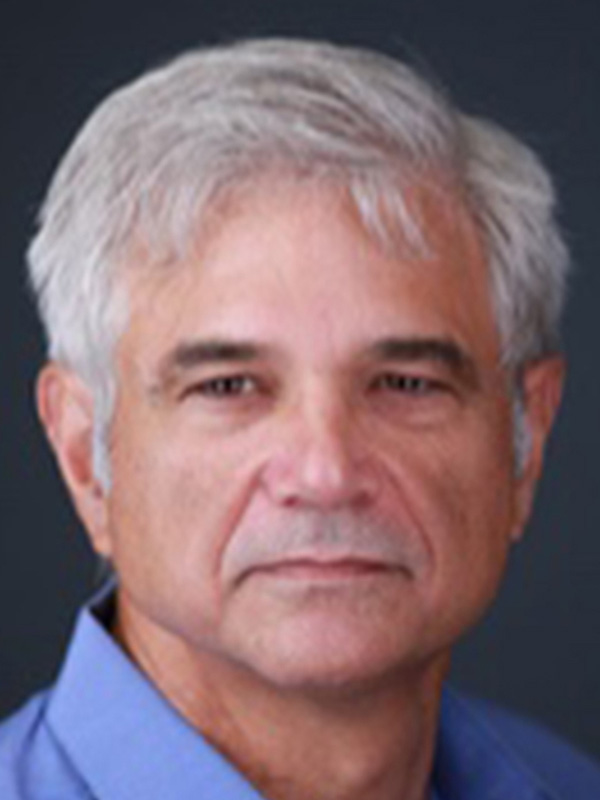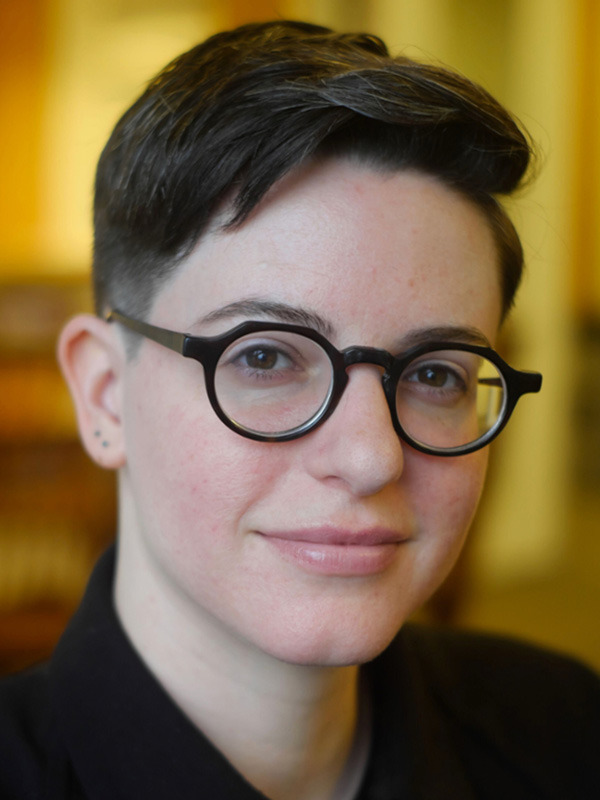His last book, Different Shades of Green: African Literature, Environmental Justice, and Political Ecology (2015), was a 2015 American Library Association Choice Outstanding Academic Title and a finalist for the Association for the Study of Literature and the Environment Ecocriticism Book Prize. In this work, Dr. Santangelo deploys an interdisciplinary framework to explore the connection between environmental issues and social injustice through the “legacies of African environmental writing.” Dr. Santangelo understands his scholarly work as “nomadic,” not only in that he frequently crosses disciplinary boundaries, but also in that, as a postcolonial scholar, he tends to think in terms of overlapping cultural territories and the “relations of power that have shaped our world.” Having been drawn to IU, in part, by the interdisciplinary strength of the faculty across the university, Dr. Santangelo is excited by the rich history of the African Studies program and looks forward to working alongside other English faculty specializing in postcolonial and decolonial studies. In addition to specializing in African literature, Dr. Santangelo also enriches the department’s increasing strengths in the environmental humanities; his work in the intersection of African studies and the environmental humanities includes his comparative exploration of Conrad in African Fiction and Joseph Conrad: Reading Postcolonial Intertextuality (2005), as well as his role co-editing Environment at the Margins: Literary and Environmental Studies in Africa (2011), which was the first collection of its kind.
Dr. Santangelo has contributed to a range of collections in his field, including Refugee Writing: Contemporary Research Across the Humanities (2020) and The Cambridge Companion to Literature and the Anthropocene (2021). Additionally, he served as an executive committee member for the MLA Ecocriticism and Environmental Humanities Forum from 2016 to 2021, acted as a visiting scholar with the Rachel Carson Center for Environment and Society in 2017, and, from 2014 to 2016, served as an executive council member for the Association for the Study of Literature and the Environment. These and other opportunities have placed him in a position to help shape the environmental humanities as a field.
Dr. Santangelo’s current book project, Storytelling for the Present and Future: Climate Nonfiction as an Art for Our Time, attends to the use of the creative nonfiction form by international authors in their depictions of global warming and considerations of differential relationships, especially in terms of “resilience or adaptations on the one hand and responsibility for mitigation on the other.” His recent graduate course, “Imagining Environmental Justice,” explores similar topics. Implicit to this project is the “collective project of making-with,” which entails thinking alongside other human as well as non-human agents in order to call into question agreed-upon modes of knowledge in favor of imagining different futures or ways forward. While this project focuses primarily on literary form, Dr. Santangelo believes that intellectual and creative activity cannot be separated from politics; central to his scholarly and pedagogical work is a commitment to both social and environmental justice. He looks forward to working with the Environmental Resilience Institute in exploring how his work might be applicable to the Indiana community.
While he does see the value in thinking in terms of rubrics and outcomes, as a teacher Dr. Santangelo values “transformation” above all. As a professor of Environmental Ethics and African literature at KU, he shaped his courses so that he might expose his students to new ways of seeing the world, new ways of “thinking ethics,” and new ways of understanding what environmentalism is. His commitment to his students is evident in a multitude of teaching awards—he is most proud of those that were student nominated, especially the 2007 Louise Byrd Graduate Educator Award and the 2005 Mabel Fry Teaching Award. In the future, Dr. Santangelo plans to offer courses in decolonizing knowledge, climate change, and African literature, among others.


 The College of Arts
The College of Arts